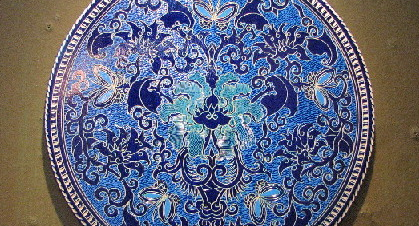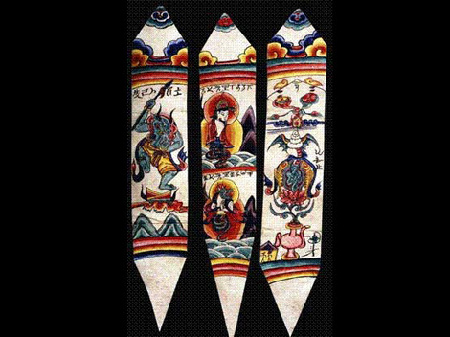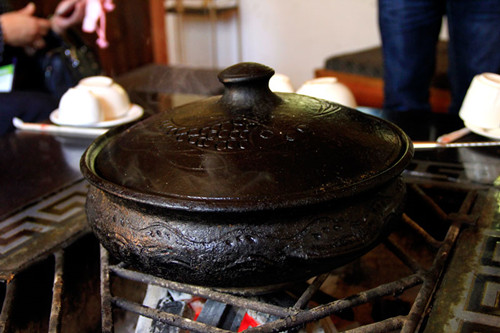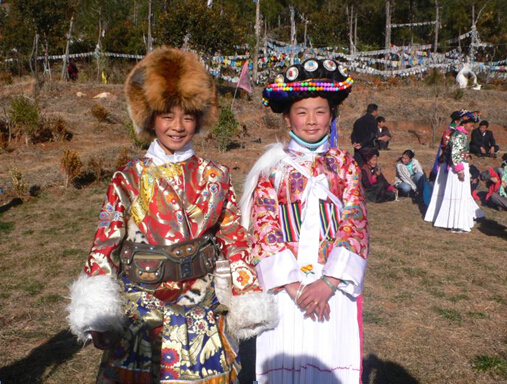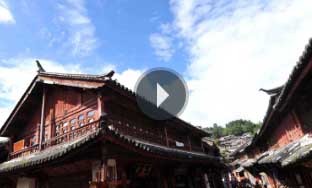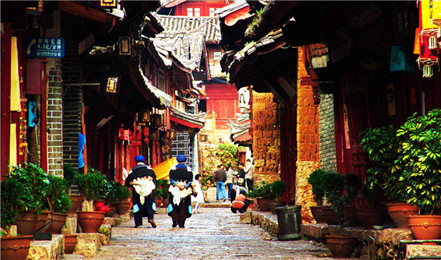
36 hours in Lijiang
2017-10-18The word "breathtaking" when applied to a Chinese city sometimes refers to respiratory-attack-inducing smog. But in the case of Lijiang, population 1.2 million, in Southwest China's Yunnan province, the word takes on its slack-jaw-in-awe meaning.
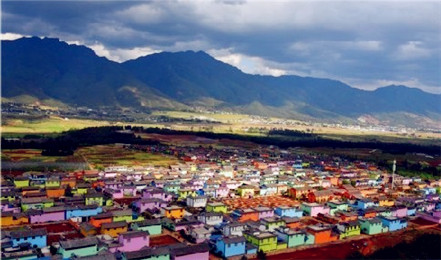
Special town with varied ethnic groups blooms with a rosy future
2017-10-16Jinlong, a village in Yunnan province's Lijiang city comprised of various ethnic migrant groups, has attracted an increasing amount of attention around the world for its unique design and special way of raising incomes for local farmers.
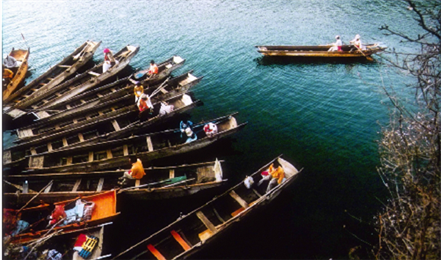
Lugu Lake, where the fairies live
2017-10-13Located at the boundary of southwest China's Sichuan province and Yunnan province, Lugu Lake is a mysterious land with charming sceneries and a unique matriarchal culture.
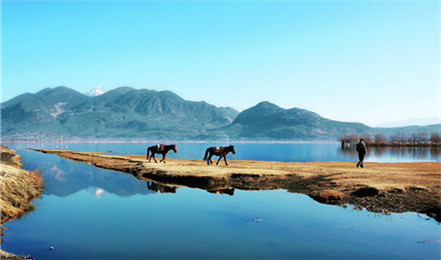
Lake Lashi: Paradise plateau
2017-06-21Lake Lashi is situated on the southern slopes of Yulong Snow Mountain eight kilometers west of Lijiang.
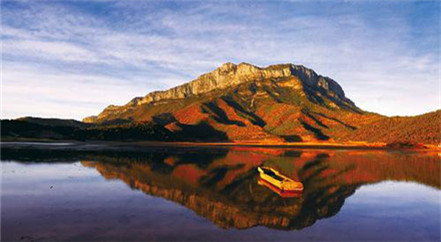
The Lion Mountain: Another good view
2017-04-28The Lion Mountain, also known as the Gemu Goddess Mountain, is located by Lugu Lake. In the local dialect, Gemu means white goddess.
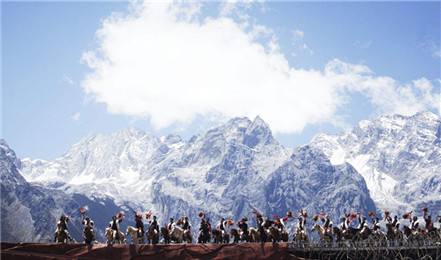
Yulong Snow Mountain
2017-02-21Her beauty stems not only from the grand mountains and silver white snow, but also from the fast-changing climate.
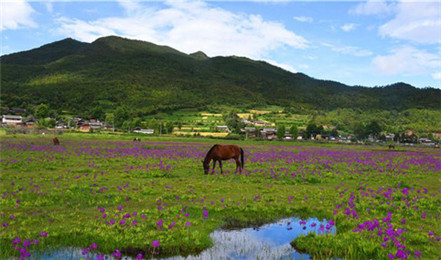
Lijiang's Wenhai village offers landscape and history
2016-08-12Lijiang’s Wenhai village is a pure and primitive paradise for visitors. Its name means “highland village” in the Naxi ethnic language -- it lies at the Jade Dragon Snow Mountain's southern ridge at an altitude of 3,180 meters.

